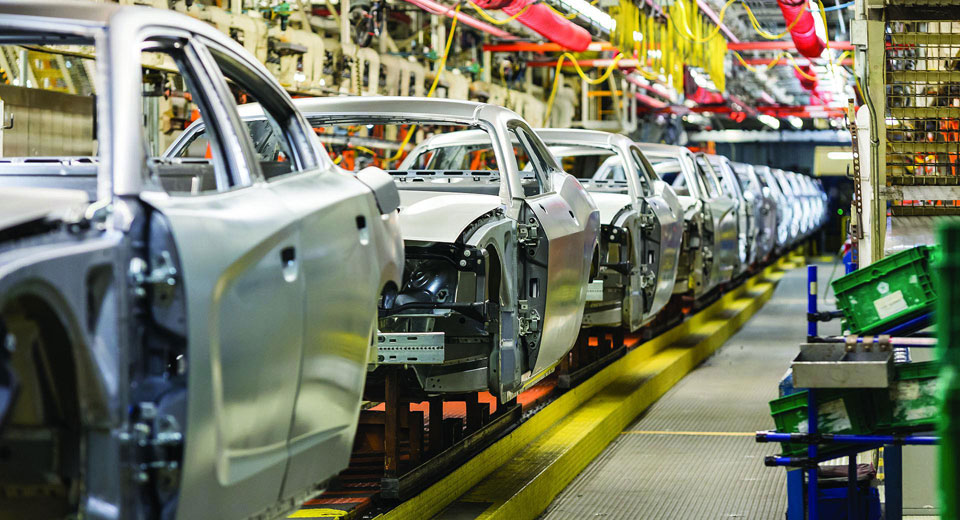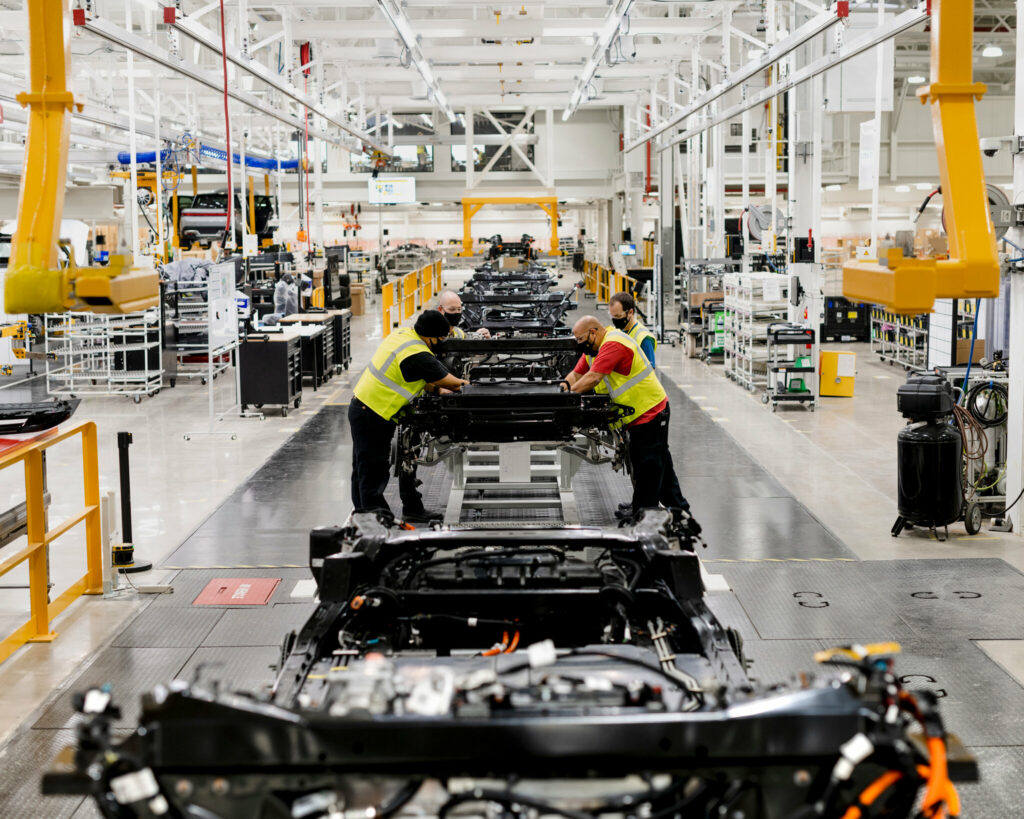Canada’s Parliamentary Budget Officer says the vast subsidies hurled at EV-battery makers by politicians who think they know all about business, technology and the weather will take 20 years to repay not the “very optimistic” five we were promised by the usual subsidy hucksters. The minister of rose-coloured glasses François-Philippe Champagne, inexplicably rejected the PBO’s analysis while simultaneously claiming it vindicated him, claiming that “The Parliamentary Budget Officer’s analysis released today demonstrates that the Stellantis-LGES and Volkswagen investments are good deals for Canadians, the auto sector and our workers.” Because it will take 20 years to break even? As Aaron Wudrick of the Macdonald-Laurier Institute summarized Champagne’s response: “‘Minister: We will break even on the subsidies in five years.’ ‘PBO: Actually, we will break even on these subsidies in twenty years.’ ‘Minister: PRECISELY!’” To which actual successful entrepreneur Michael Binnion added sourly “By break even they mean pay out with zero return on investment”. If that’s a good deal, please do not ever make a great one with our tax money.
According to the Minister the silly old PBO, a mere economist, couldn’t grasp the true value of subsidies the way he could, as a trained lawyer, and professional political conjurer of unrealistically optimistic predictions. Because, you see, or he hallucinates:
“These transformational investments will create thousands of jobs across the entire electric vehicle supply chain. While the Parliamentary Budget Officer’s report does not capture many of the broader impacts on the supply chain it does highlight these investments will generate economic benefits.”
Serious question here: How would he know? We won’t dwell on the fact that, like so many nowadays, Champagne flits from ministry to ministry before he can get a real grasp on the difficult files, having been Minister of International Trade (January 2017 to July 2018), Minister of Infrastructure and Communities (July 2018 to November 2019), Minister of Foreign Affairs (November 2019 to January 2021), then Minister of Innovation, Science and Industry, and Registrar General of Canada, since January 2021.
Walter Bagehot rather unfortunately argued a century and a half ago that “administration” is actually its own specialized activity regardless of subject matter, saying “The summits (if I may so say) of the various kinds of business are, like the tops of mountains, much more alike than the parts below”. And in fact in Canada senior civil servants are routinely moved about as well. But the results are not very encouraging.
In this case, it is important to understand that the claim of spin-offs, or a “multiplier effect”, is an old one, used to justify a bewildering succession of particular industrial policies and types of industrial policy for at least a century. But also that there is little theoretical or empirical support for this parade of shiny enthusiasms turned dusty disappointments. But someone who has been gallivanting about failing to negotiate trade agreements, or strengthen communities, or repair relationships with allies before failing at innovation, science and industry, each of them an enormous field, is highly unlikely to know about the matter at all, let alone have a prudent, considered opinion on various arguments about it.
Is Champagne aware, for instance, that taking billions from other activities to sink them into this one also has “broader effects” because everyone paying higher taxes cannot themselves then spend that money on investments, purchases, salaries and so forth, meaning that unless he is smarter than entrepreneurs risking their own money about what particular technologies and firms are going to be winners, he’s going to be very lucky to break even? It seems highly unlikely.
Does he have sophisticated econometric models that have consistently outperformed the predictions of more sedate simulations, or of those economists whose analysis hinges on understanding that people respond to incentives rather than making elaborate guesses about hypothetical variables? As when his colleague Environment and Climate Change minister Steven Guilbeault insists that climate change is already costing Canadians “tens of billions of dollars”, they’re very good at sounding sure, and very bad at explaining how they know, where they got these numbers or why anyone should trust them (the numbers or the speakers, we mean).
As Matthew Lau argued in the National Post, the PBO is actually being overly optimistic not the reverse. He says:
“True losses are likely even worse, because the PBO is actually very generous in its estimate. It ran a break-even analysis, which is not a cost-benefit analysis; certain figures weren’t taken into account.”
Is Champagne aware of this argument? Would he understand it if some brave underling did tell him about it?
Is Champagne even aware that 60 years of politicians chanting that we can’t afford not to, that deficits stimulate the economy, that clever government investments will have an invigorating effect throughout the supply chain and so forth have landed us with a trillion-dollar debt and sluggish productivity growth? It’s the sort of thing you’d think a government minister might actually encounter in his daily work. Or, as minister of giving Volkswagen huge sums of tax money, does he even know that firm is cutting jobs as fast as he’s shoveling bucks at it because of… disappointing EV sales? Or is he just a cheerily bloviating incompetent smug amateur?
The latter seems likely.



Brian Lilley of the Toronto Sun says that these subsidies to VW, Stellantis et al are actually tax breaks, not subsidies, which will start costing us money only if the battery plants get built and start to generate profits. I hope that's right. There is little to no prospect that these plants will ever make profits. I do fear that the government willbe talked into helping there crony capitalist friends build the plants, thereby providing "jobs". It didn't take much effort on Stellantis's apart to up their ante.
Every week we hear of an exciting battery breakthrough that the net-zero fantasists say will change everything. (although they have not yet panned out). Let’s go with that fantasy and accept that eventually there will be some step change in technology. That will will make these battery plants obsolete. So which fantasy do you prefer - that the battery plants are a good 20 year investment or that a step change in battery technology is around the corner?
There is still no place on earth where so-called "green" energy has resulted in lower rates for the general public.Claims galore about how much cheaper wind and solar are becoming all the time don't translate into savings for consumers.That could be true in individual or small-scale scenarios.Not when we're talking about cities,provinces,countries.And EV's are unaffordable for most people,so there's that too.